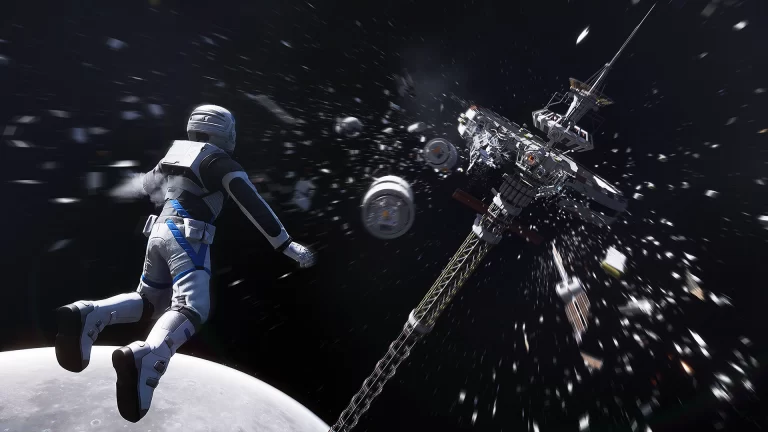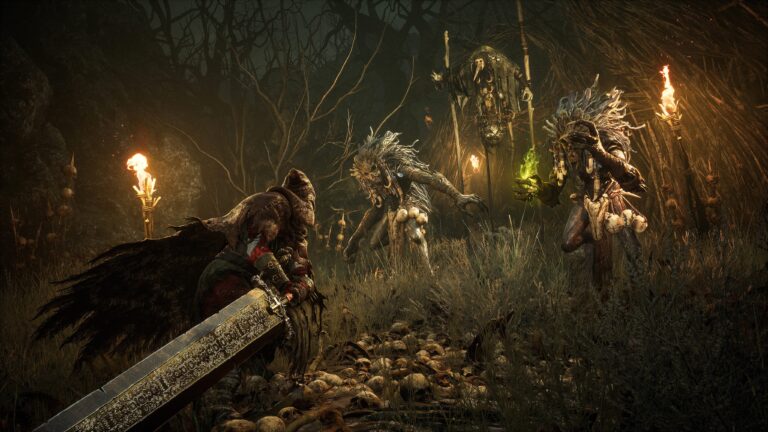Player and Industry Representation in Esports
One of the major challenges currently facing the Esports community and the industry at large is the subject of player and team representation within the context of multiple organizations such as team leagues, game developers, sponsors, and many other 3rd parties that have a vested stake either in terms of time or monetary value in Esports. As the scene grows current Incidents, and noteworthy events will continue to foster discussion both among the community and industry professions on subjects ranging from player and team rights to powers held by leagues and developers. These issues that pop up will only continue to be exacerbated in the future. It’s been evident for quite some time in my opinion that players have desperately needed some form of representation since the earliest days of competitive gaming. The story of Rafik “LoSt-CaUsE” Bryant of Quake and Painkiller fame comes to mind where a sponsor infamously abandoned him while abroad at a tournament in South Africa. Stories of player exploitation were all too common back then and still are today, and while not as frequent in occurrence major events have failed to deliver on their promises in the past with regards to accommodations, prize money, etc. The penultimate example would be the Cyber X Games (CXG) back in 2004; a complete logistical and technical failure. The calamity of sorts that was CXG as Scott Smith A.K.A. SirScoots pointed out during an Esports panel at last week’s TwitchCon, caused AMD to completely jump ship from the scene for many years.
Unfortunately like any other industry Esports is a business, and like any business there is a group of people willing to lie, cheat, and steal their way to the top. With the advent of a much more active and larger community since the “rebirth” (as some have called it) of Esports since Starcraft 2’s original launch and the ability to live stream events and communicate in real-time, fans and industry professionals alike are quick to jump on topics of debate, there is no shortage of commentary or discussion. The biggest potential issue is a backlash against players from the teams and organizations that provide their livelihood. CPL even went as far to include in their contracts a policy whereby players who criticized the league were liable to forfeit their prize money. A very effective deterrent for any kind of criticism, and more than likely a partial explanation of why in November 2007 major teams announced they would no longer attend any CPL events.
So we know the problems, how do we fix them? In my opinion the first step would be to establish an independent body that would serve players specifically regardless of team affiliation, but would be dedicated to specific games or groups of games and/or regions. But issues start popping up such as who exactly is paying for this body to exist; can leagues and teams themselves contribute without creating a conflict of interest? Should the players themselves pull together to form something of a union? Maybe the developer’s should take it upon themselves to protect their best pros, but the situation gets complicated fast when Riot games owns the largest professional circuit for League of Legends as well as being the developer for the game itself, and the same can be said about WCS and various other events series. The real question given the current state of affairs is can organizations work together to properly represent the interests and rights of all parties equally while maintaining meaningful independence? Does an organization like Riot have a duty to ensure some kind of body exists to serve the professionals in LCS as one of the largest, if not the largest Esports scene in history?
On a recent episode of the Esports talk show Unfiltered, Richard Lewis made mention of the efforts being made by himself and others to unionize players, and talked at length about the current state of affairs. Richard also touched on how player salaries are still not up to snuff with the caliber of their talents for what they bring to organizations. “It’s really divided politically, I’ve got players coming in saying there is already a union, but we’re not necessarily invited and we don’t have any say involved in it. I wanted to take it upon myself to try and get the ball rolling. Here’s the facts, If you leave it to players two things will happen: either it will become some kind of f***ked up tree house clique where only the cool kids get to be involved in the union, which is not how a union should be, or nothing will get done because players are scared about reprisals and maybe getting frozen out of earning salaries by organizations.” Richard continued, “Keep in mind, all the team owners have already f***king unionized anyway effectively in all but name.”
“I was trying to get these people to put money into it.” – Richard referring to venture capitalists at some of the events he has attended recently. “What I was trying to do was convince investors to put in one-time cash injections with no equity for the purposes of having a slush fund for the union. That’s what I think we need, and I’ve already got lawyers on board who are going to do pro-bono work.” Richard went on to explain that the big incentive for VC to make these types of altruistic investment would be an amount of credit and good graces within the community should they want to make further investments in Esports. Richard brought up some incredible points, and what I took away was getting VC involved to push the issue in this manner would not only benefit the scene by pushing for legitimacy, but also lay the foundation for bigger growth, which is exactly what the VC crowd is looking for more than anything. These organizations and individuals have real weight, and their influence as a whole on the industry should not be understated as a way to facilitate and encourage dialog about topics and issues that are detrimental to Esports as a whole.
Maintaining autonomy and sovereignty from IP’s owners and leagues themselves would be paramount to ensuring the legitimacy of this kind of organization, as well as being sustainable over the years. This feat can only be accomplished when everyone is working together with continued discussion amongst those involved and affected. How much power or influence would an organization as big as Riot be willing to abdicate, if any at all? Smaller organizations that represent parties in specific games or regions to me would seem like a better fit, as they could be easier to manage with more accountability and transparency. Anyone remotely connected to the South Korean Esports scene can tell you the last thing we need is another government organization like KeSPA, who have been notorious for capricious and arbitrary decisions over the years with little in the way of recourse for players. These are questions and topics that we will need to address and answered going forward, but I’m confident that between the community, industry, and the professionals we can find solutions that further legitimize and grow the scene as a whole while protecting the very people who make Esports possible; past, present, and future.
*In the interest of transparency, it is necessary to disclose that I maintain personal relationships with both current and former Riot Games and Blizzard employees.
No related posts.






